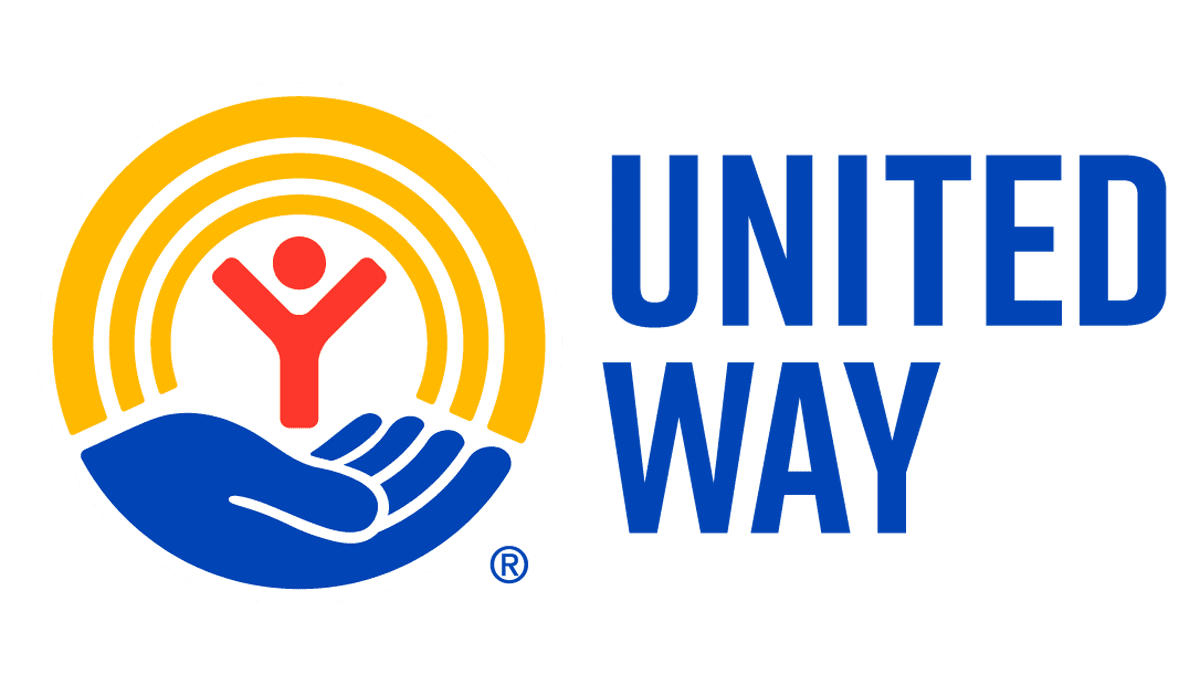Training & Consulting
We provide practical, evidence-based training that helps individuals and organizations apply trauma-informed and resilience-focused practices, paired with personalized consulting to help you translate learning into meaningful action. This approach acknowledges the impact of adversity while fostering skills to help people move forward and build strength despite life’s challenges. We don’t stop at awareness; we provide practical support with action planning, program development, and measuring impact to make sure your efforts lead to lasting change. Whether you work within systems, lead teams, engage with communities, or focus on your own growth, we help you put knowledge into practice.

Why This Work Is Essential
When we’re overwhelmed or stressed, it becomes difficult to support others in a meaningful way. As Dr. Bruce D. Perry puts it,
“We all have the capacity to heal and help others heal.”
Building that capacity starts with learning to manage our own emotions and recognizing when others are struggling so we can respond with care. These skills are important not just for individuals, but for teams, organizations, and communities. When we build them together, we create healthier environments where everyone is better able to grow, connect, and thrive.
Find the Right Fit
We understand that navigating training options can be overwhelming. To make it easier, each group listed includes a dropdown with tailored recommendations, so you can quickly find what’s most relevant to you or your team.
-
Teachers, school leaders, and support staff across early childhood through high school.
10 Steps to Creating a Trauma Informed School
Foundations of Trauma & Resilience
Community Resiliency Model®
HOPE Framework
QPR: Question, Persuade, Refer.
EveryDay Strong
-
Staff and volunteers working in youth, family, or community-based programs.
Foundations of Trauma & Resilience
Community Resiliency Model®
HOPE Framework
QPR: Question, Persuade, Refer.
Disaster Relief Mobilization: Community Resiliency Model
EveryDay Strong
-
Mental health professionals, healthcare workers, and those working within systems that support children and families, such as behavioral health and public health services.
Foundations of Trauma & Resilience
Community Resiliency Model®
HOPE Framework
QPR: Question, Persuade, Refer.
Disaster Relief Mobilization: Community Resiliency Model
-
Individuals working within justice, child welfare, emergency response, or other public systems that support children, families, and communities.
Foundations of Trauma & Resilience
Community Resiliency Model®
HOPE Framework
QPR: Question, Persuade, Refer.
Disaster Relief Mobilization: Community Resiliency Model
EveryDay Strong
-
Parents, caregivers, faith leaders, and anyone invested in creating supportive, resilient communities.
Foundations of Trauma & Resilience
Community Resiliency Model®
Making Sense of Your Worth
HOPE Framework
QPR: Question, Persuade, Refer.
EveryDay Strong
Foundations of Trauma & Resilience
Explores trauma’s effects on the brain and body, the role of resilience in healing, and the application of sensory-based interventions. The training emphasizes protective factors and universal needs. Attendees learn to understand a child’s private logic, trauma-informed support strategies, and how to foster hope and connection.
Community Resiliency Model (CRM)®
An evidence-based, skills-focused program that helps individuals recognize and regulate the impact of stress and trauma on the nervous system. By teaching practical tools for self- and co-regulation, CRM empowers communities to become more trauma-informed and resilience-focused through a shared understanding and common language.
HOPE Framework
A framework that centers on the Four Building Blocks of HOPE, providing practical strategies to ensure all children have equitable access to positive childhood experiences (PCEs). Through interactive workshops, participants learn the science behind HOPE, how to apply a strength-based approach, and ways to integrate HOPE into everyday practice to advance health equity.
10 Steps to Creating a Trauma Informed School
This training offers school professionals a clear understanding of how childhood trauma impacts learning, behavior, and relationships—and what to do about it. Grounded in practical application, the session walks participants through 10 concrete steps for creating and sustaining a trauma-informed school, with real-life scenarios, expert insights, and hands-on activities that translate theory into everyday practice.
EveryDay Strong
A strengths-based framework that helps adults create safety, connection, and confidence in the lives of youth. Originally developed by United Way and guided by mental health experts, the model empowers parents, educators, and other caring adults to respond to stress and anxiety with simple, research-backed strategies. It offers a shared language and practical tools for anyone who wants to support young people in feeling seen, supported, and strong every day.
Making Sense of Your Past Worth
An 8-session, evidence-informed program that helps individuals heal the impact of past experiences on their self-worth and attachment style. Through reflection, group support, and practical tools, participants replace negative core beliefs, build secure attachment, and move toward becoming the caregivers, partners, and individuals they aspire to be.
Disaster Relief Mobilization: (CRM)® Preparation Program
Disasters leave lasting impacts, making trauma-informed preparedness essential. DRM:CRM uses the Community Resiliency Model to equip communities with simple, science-backed tools to manage stress, support well-being, and foster resilience before, during, and after crises. By embedding CRM principles into disaster planning, communities can strengthen long-term recovery, collective healing, and sustainable support networks.







